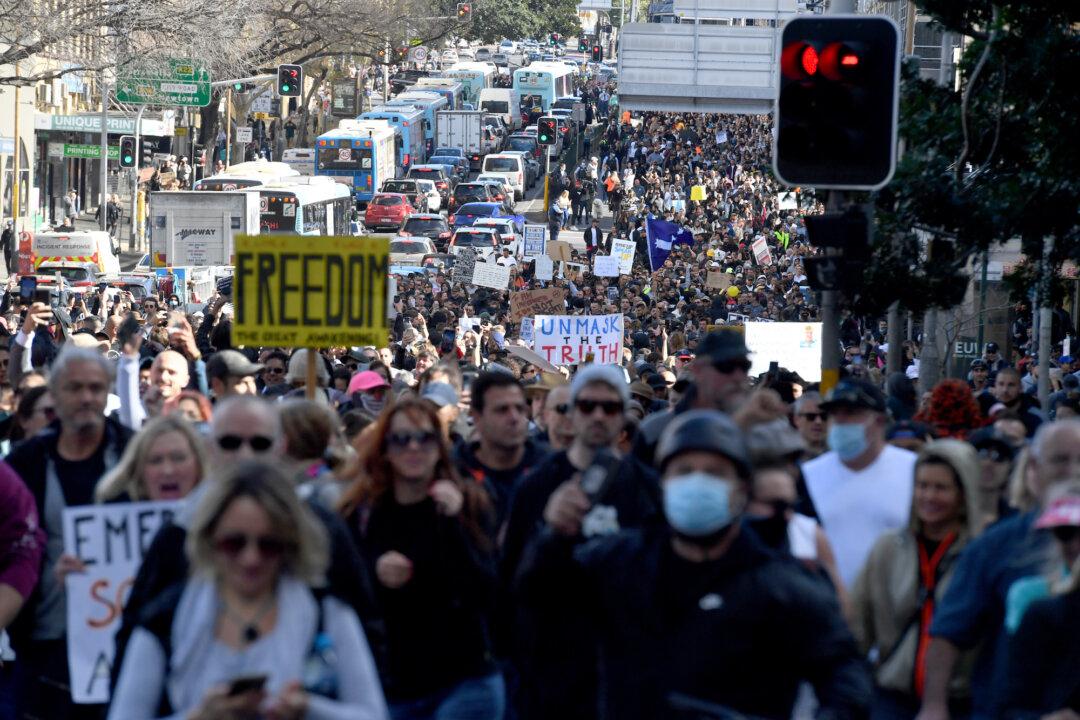Commentary
On July 24, 2021, protests took place against COVID restrictions—some violent—in many European and Australian cities as part of the Worldwide Rally for Freedom.

On July 24, 2021, protests took place against COVID restrictions—some violent—in many European and Australian cities as part of the Worldwide Rally for Freedom.